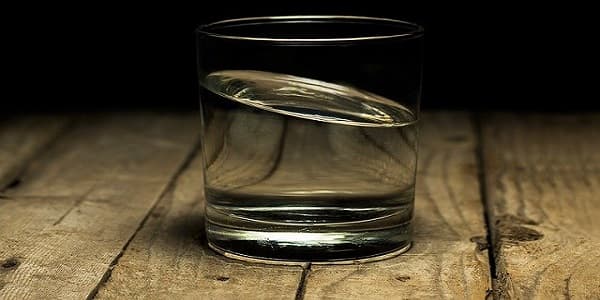We are all aware that many water sources across the world contain dangerous compounds, and we frequently overlook the influence of that water on our health.
Water filters may help you get rid of a variety of harmful contaminants, and we’ll go over some of the advantages of having one.
Purifies Water
Most of us benefit from obtaining our water through a system, with high-tech processes, chemicals, and applications used by the local utility company to remove harmful bacteria, organisms, debris, and other undesired nastiness that might cause health problems.
However, chemical residues, such as chlorine, can alter the flavor of the water and leave an unpleasant aftertaste. A water filter is a simple and quick solution to eliminate these remaining contaminants, leaving your water supply tasting gloriously fresh, clean, and pure – just like it should! If you decide to get one, you can learn more about the different types and choose the one suitable for your needs.
Water filters help to make your water healthier by removing undesired substances like lead and chlorine. You can have more peace of mind if the water is purer. This is especially crucial for customers with young children who want to protect the health of their families. Fresh, clean, and purified water has the added benefit of tasting wonderful, which motivates people to drink more, so enhancing their health.

It Is Environment-Friendly
In the United States, 17 million barrels of oil are consumed to produce one year’s worth of bottled water. This does not include carbon emissions or bottles that wind up in landfills. You can receive your water directly from the source when you filter it. This eliminates the need for disposable bottles. Purchasing a reusable water bottle will help you save money in the long run.
It also protects the environment from the harmful effects of mass-produced disposable water bottles. Usually, people that buy bottled water do not recycle it and then they end up in oceans where they hurt wildlife and the environment.
Also, many of the bottled water companies were found to be glorified tap water, and they advertised themselves as being full of minerals and other helpful nutrients. Some countries have water that is perfectly fine for consumption, but many in the west think that their water source is undrinkable which may not be the case for everyone.
How Do Water Filters Work
Mechanical filtration’s core concept is to use a barrier to physically remove sediment, debris, or any other particles from water. Mechanical filters can range from a simple mesh that filters out big trash to a ceramic filter with an incredibly sophisticated pore structure that allows harmful organisms to be filtered ultra-finely.
Mechanical filtration filters are usually given a micron rating, which indicates how successful they are at removing particles of a certain size. You might see the following ratings:
- 5 micron – will remove most visible particles.
- 1 micron – will filter out particles too tiny to view without a microscope.
- 0.5 micron – will remove the cyst.
Carbon, which is particularly effective at absorbing water-borne pollutants, is most typically used in water filters for absorption. Carbon has a large internal surface that is packed with nooks and crannies that may trap chemical impurities like chlorine, which is why it absorbs toxins so readily.
Granular activated carbon (GAC) is found in most household filters, and it absorbs undesirable tastes and odors. Wood and coconut shells are two common materials used to create carbon for filters, with coconut shell filters being more effective but also more expensive.

Maintenance
Depending on the design and usage of your water filter, the filter media should only need to be changed a few times per year. It’s easy to lose sight of this for a long time. That’s why you should have an expert come out regularly to perform filter changes, inspections, and any other maintenance your system requires.
It’s critical to clean the inside of your water filtration system regularly to avoid a build-up of minerals, pollutants, or debris. Avoid using harsh cleaning products and gently clean the device with warm water. You don’t want to introduce any potentially dangerous pollutants into your system, which might then be absorbed into the water you and your family consume.
Make sure to clean all parts of the system every week, if possible. When cleaning your water filter, make sure to sanitize all sections of the system, including the water dispenser, line, and cap assembly.
Your water softener may cause a build-up of salt in your water filter, necessitating more frequent cleaning. Because newer water softeners use less salt in the water, the excess can occasionally cause a clog within the system.
To clean your water filter, just turn it off, remove the majority of the salt, and dissolve the blockage with hot water. Always keep an eye on your water filter when you’re using it, looking for evidence that it needs to be cleaned. Your water filter may also feature a monitoring system, which varies based on the brand or type you have.
Water filters can save you a lot of money, but they also purify the water you’re drinking. This is especially crucial for individuals who drink only tap water and are thus exposed to the danger of infection to recognize the need of having water filters as one of the most vital items in their house.
- Brand New in box; The product ships with all relevant accessories
- Brand new and boxed Product ships with all relevant accessories
- Spray wand with nozzle quick connect coupler
Now, It’s Over To You!
Now I’d like to hear from you: Leave a comment to let me know.
Spread it by Sharing on social media…

Leave a Reply